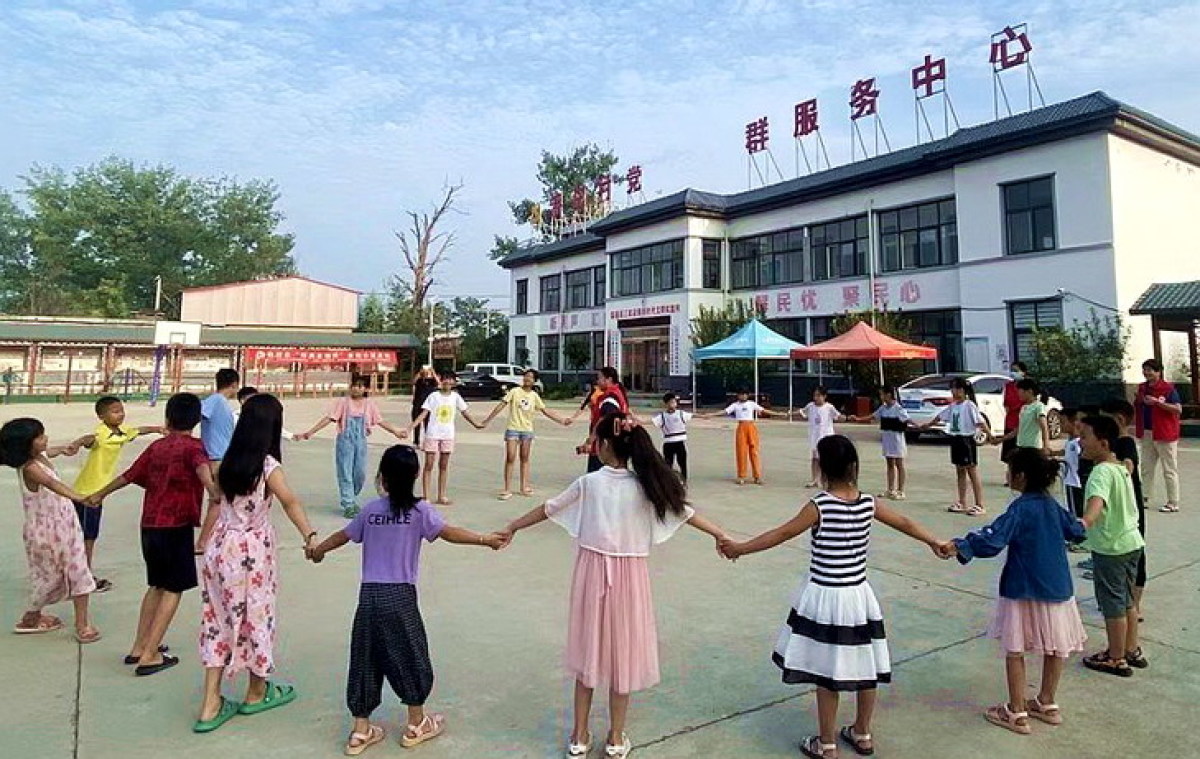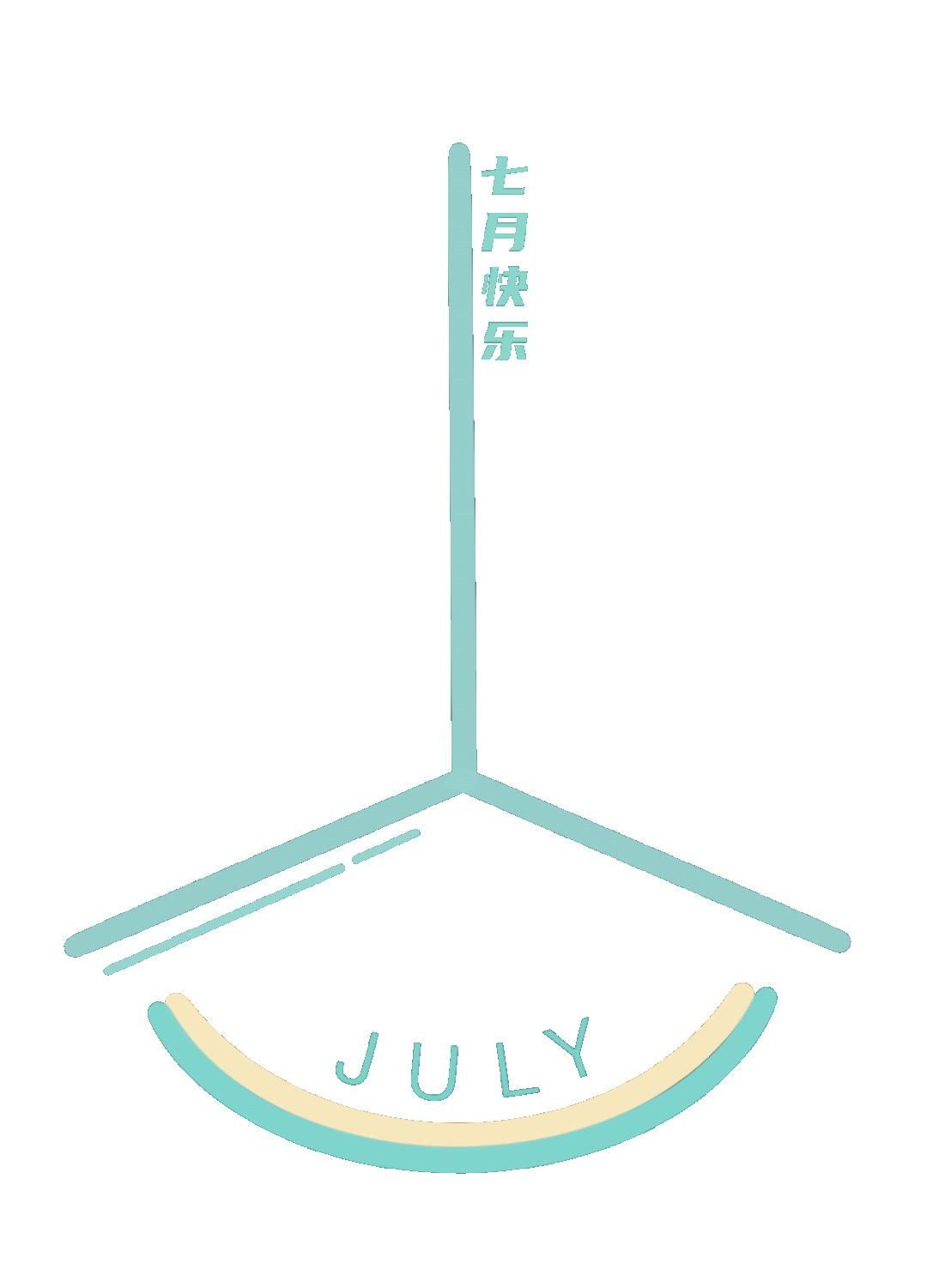Who is walking with personal disease -Commenting "Independence and Bettering: History of the New Women of the Republic of China"
Author:Chinese Women's Network Time:2022.09.27

Hang Suhong

Reading prompt
The new female research of the Republic of China is a relatively saturated academic research territory. How to achieve research on research is not easy, and the research of spiritual history has always been a high -profile field. The book "The History of Independence and Between the Republic of China" is innovative in methods and structures, integrating flexible emotions and solid historical materials into the temperature and reliability of discussions, showing the spiritual pictures of new women in the Republic of China. The author Hangsu and Su Hong understand the essence of spiritual history research, sneaked, rejoiced, and insight into the soul of each specific research object, and formed a clear and warm and warm -readable academic text.
■ Xie Peng
The research of new women in the Republic of China is a relatively saturated academic research territory. As a new woman, a new woman of a revolutionarian, or a new woman who has been educated, it has been fully studied. How to achieve a breakthrough in research is not easy, and the research of spiritual history has always been a high -profile field. It is necessary to show and analyze the spiritual pictures of a new group more than a hundred years ago, and have quite high requirements for researchers to study reserves, historical materials selection and analysis and spiritual history research methods.
Method and structural innovation: research in the sense of spiritual history
As soon as I entered the world of "Independence and Employment -The Spiritual History of the New Women of the Republic of China" (April 2022 Edition of the Commercial Press), following the author's obvious text and hidden ideas, I can feel her courage and discussion of the challenge. Confidence. In the research map of women in the Republic of China, female writers are no longer the object of literary research, but are considered as practitioners of participants and social life as a historical process. At the same time, they are the carrier of human emotions and spirit. This transcends the significance of aesthetic research in general literary sense, and makes female writers the object of social historical research.
In the preface, Hangs and Su Hong clearly expressed her awareness. In terms of writing, she is "narrative -led", and she also knows that the academic question that this research method may bring- "fictional and rhetoric problems", but she keenly realized that this method exactly avoids the traditional avoidance of the tradition The mechanicality of empiricalist methods (such as variable analysis and causal chain), instead flexibly switch between macro and micro -switching to study the "dynamic progress of new women's emotions and personality" on the research of individual psychology and emotion. Study the more matching methods of objects. In the specific chapters, the author comes out of "opposing evaluation", starting from a specific social and historical situation, "more fully understands the concepts and ideas, psychology and emotions of the participants." Therefore, this book is both narrative and story, and each chapter can be escaped from narrative, and deeply analyzes and theory.
The author distinguishes the history of spiritual and ideological history and concept. She believes that spiritual history focuses more on research methods, "clearly clearing the boundaries of empirical causality in natural sciences and natural sciences. I hope to understand and explain the development and meaning of spiritual concepts through experience and sympathy." It is precisely. " In this sense, Hangzhou -Soviet Hong regarded him as "research in the sense of spiritual history." The emotional and ideological state involved in spiritual history research is flowing and subjective. It will be relatively clearly presented and requires a solid research framework. The author divides "the spiritual history of new women into several historical links. The historical link is composed of several similar historical events, which together constitute a part of the long -term period of historical development." The main body of the book is divided into five chapters. Each chapter selects the new female writer who is the most suitable theme to discuss. This structure arrangement reflects "the order of the new female personality development and movement."
The book is dedicated to the integration of macro perspective, mid -view and micro details in writing. "Independence and belonging" is the title of the book. The author repeatedly cut in around two themes. He hopes to establish a connection between micro and macro and macro, personal subjects and historical situations, and make up for the gap between the great perspective and specific history as much as possible to explore the society to discuss society. Environment and trendy interaction with individuals.
Fusion of feelings and historical materials: The new way of entering the female research of the Republic of China
"Independence" and "belonging" are a spiritual and emotional state of new women. This book is not the external operation of studying the trend of revolution and social movement, but to turn the research perspective to the inner spiritual world of a more micro new woman.
Female writers sometimes focus on emotional records and expressions in literary creation. The "emotion" that frequently emphasizes the book is reminiscent of the Nobel Prize winner Alexevic's "history of writing emotions and building a palace of souls". She said, "I often feel that the fact that simple and rigid facts may not be closer to the truth than people's vague feelings, rumors, and imagination." She believes that "feelings in documentary are the most true representation of human nature and an important source of documentary beauty." Emotional elasticity is both literary and "real" of history.
Scholars who focus on academic research are not the majority of the "emotion" as the "emotion" of changing. Hangzhou and Su Hongcheng have followed the tendency of gender sociology, women's history, and female literature to "people's research", that is, the practice of "more attention to individual actions, mentality, emotions and concepts", and further expand this research orientation. She thinks "The emotional fluctuations and investment in these women in their hearts are extremely violent. It is precisely in this sense that they are undoubtedly the most typical case to examine the generation of modern Chinese personality and their characteristics."
Flexible emotions and solid historical materials can integrate the temperature and reliability of discussion. The author has a rich historical material, and dispatches and choice materials freely, and selects a few people to fully expand it. At the same time, she understands the essence of spiritual history research, dives, entertains, and insists on the feelings of each specific research object. The soul waves, through the effective combing of historical events and the excavation of women's complex literary and emotional worlds, coupled with her abstract summary ability and text perception, form a clear and warm and read -wide academic text. The peripheral historical documents and the analysis of the background of social movement all serve the inquiry of the spiritual world of "independence and belonging". The personality traits of liberation and freedom, she returned to the real survival emotional situation of women, emphasizing that "community and belonging also constitute a very important issue." Because, the scholars are more affirmed by the new women's independence and personality pursuit of the "lonely" identity, and often dilute the emotional implications of the old families that the new women also have, or the "deep -rooted community orientation" that people cannot overcome. The book once again reflects that "after the liberation of new women from the traditional restraint, we must further integrate into an ideal society of intimacy, harmonious harmony".
The new woman is forced to be stubborn, from the old family and emotional relationships, and the forefront of the times, their figures are lonely. Whether it is the parents who are sleepy in the old and rural order, or the husband and family who have never met, even the enlightened gentleman relatives, the former classmates of classmates, and even the cultural pioneer at the time may not be able to keep up with the surging of their personal hearts. With "Soul Variations", it is difficult to explore. How lonely is the spirit of the awakening and the new person group, and how long it is to belong to it. In the intricate situation, right and wrong judgment and situation considerations, the pursuit of modern individuals, and how the pursuit of the axioms is a difficult thought and disabilities for the new women at the time.
The road to "becoming a new woman" is a journey of loneliness and adventure. Whether it is Xu Guangping or Ding Ling, Bai Wei, or Zhang Ailing, the author once again let us review their decisive figures, the active revolution, and more importantly, to guide us The more complicated emotions and spiritual levels ignored by researchers.
(Author unit: Hunan Women's College Literature)
- END -
How to enrich summer life?Panzhuang Village, Lintong County, read the classic at 6 points early

Dahe Daily · Yu Video Reporter Liu Guangchao Correspondent Li Sheng Zhao Jie Jie ...
[Stone Time Tour] Cool · July

Welcome to continueStone Time TourJulyApproachTime has opened the scroll of the se...